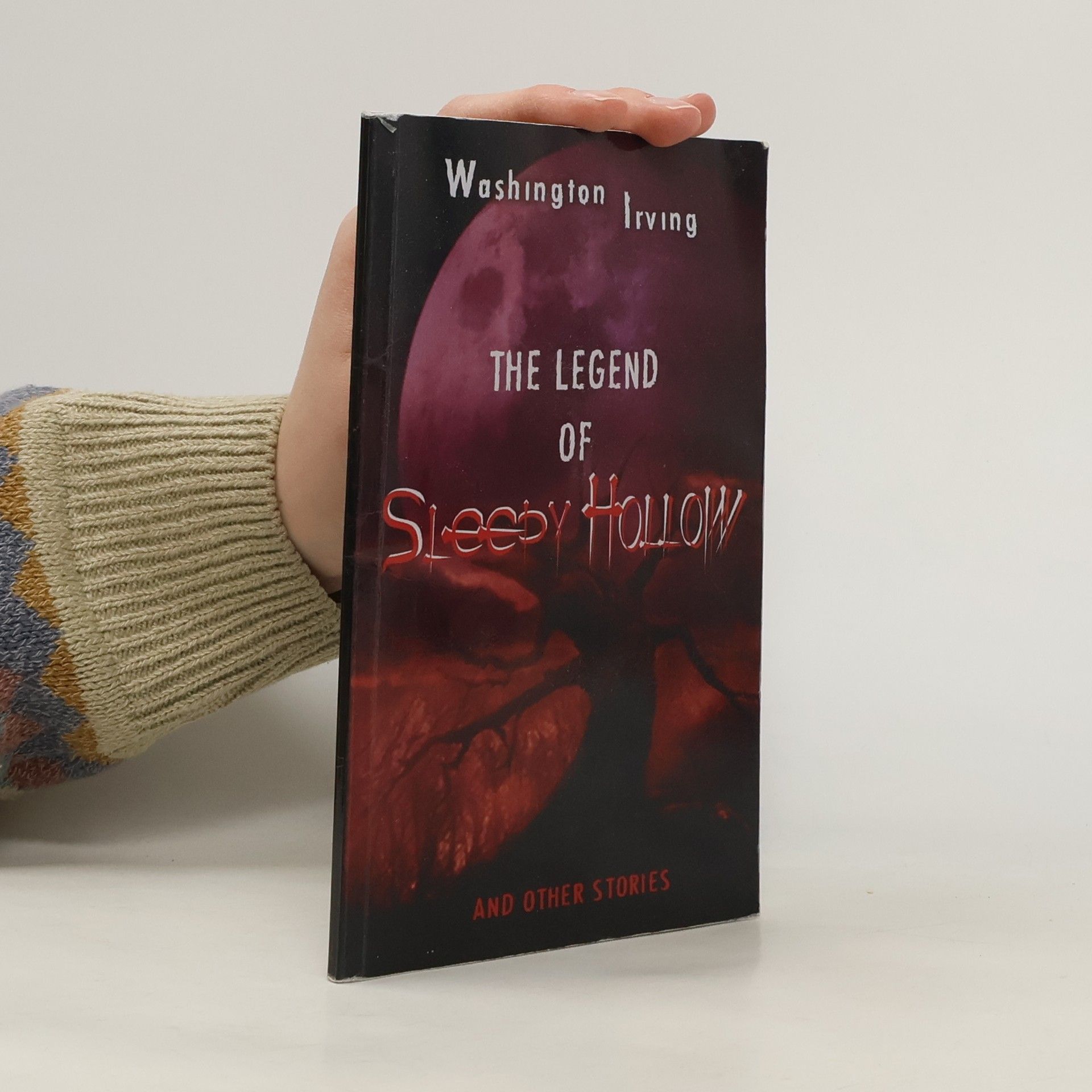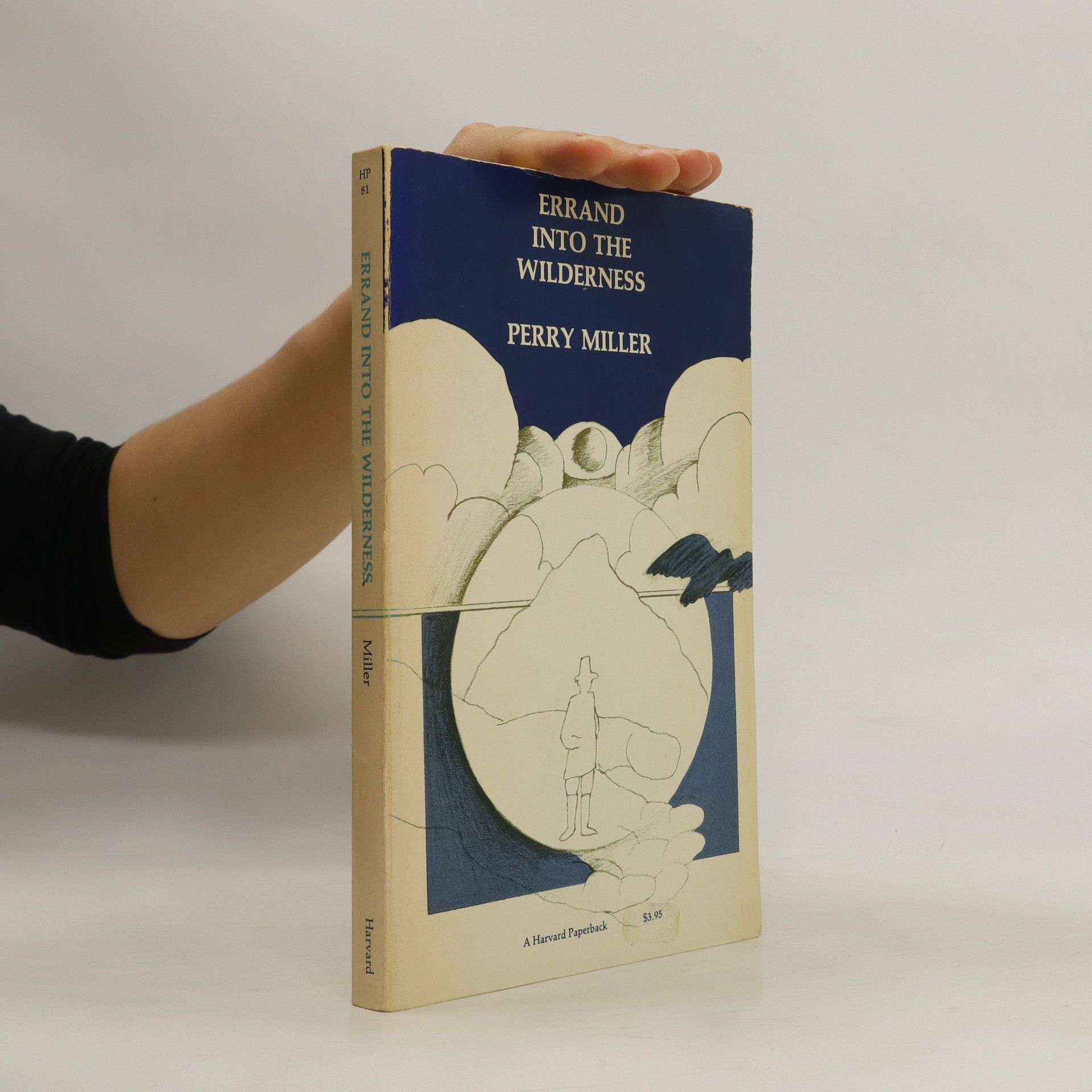The title of this book by Perry Miller, a world-famous interpreter of the American past, nearly poses the question it has been his lifelong purpose to answer: What was the underlying aim of the first colonists in coming to America? Miller emphasizes the need for understanding the human sources from which the American mainstream has risen.
Perry Miller Livres
Perry Miller fut une figure clé de l'histoire intellectuelle américaine, réputé pour son engagement profond envers le puritanisme américain. En tant que fondateur des études américaines, il a été un pionnier dans l'adoption d'une approche culturelle pour comprendre les visions du monde historiques, déplaçant l'attention des analyses psychologiques et économiques antérieures. Sa rigueur académique a éclairé des idées complexes et a profondément façonné l'étude de la pensée américaine. L'influence de Miller s'est étendue au-delà du monde universitaire, encadrant de futurs chercheurs et inspirant des figures littéraires.



The Legend of Sleepy Hollow and Other Stories
- 74pages
- 3 heures de lecture
The Legend of Sleepy Hollow, and Other Stories by Washington Irving was first published in 1819 or 1820. The Legend of Sleepy Hollow, and Other Stories includes the most famous of Washington Irving's works: The Legend of Sleepy Hollow, Rip Van Winkle and Christmas Day.The Legend of Sleepy Hollow is the story of Ichabod Crane, a schoolmaster from Connecticut who has moved to the New York countryside settlement of Tarry Town whose secluded glen called Sleepy Hollow is haunted by an infamous spectre, the Headless Horseman. Rip Van Winkle tells the tale of a Dutch-American villager living during the time of the American Revolution. He mysteriously falls asleep in New York's Catskill Mountains only to discover when he awakes that many years have passed and much has changed. Christmas Day is a tale of the quaint and old English traditions of celebrating Christmas.